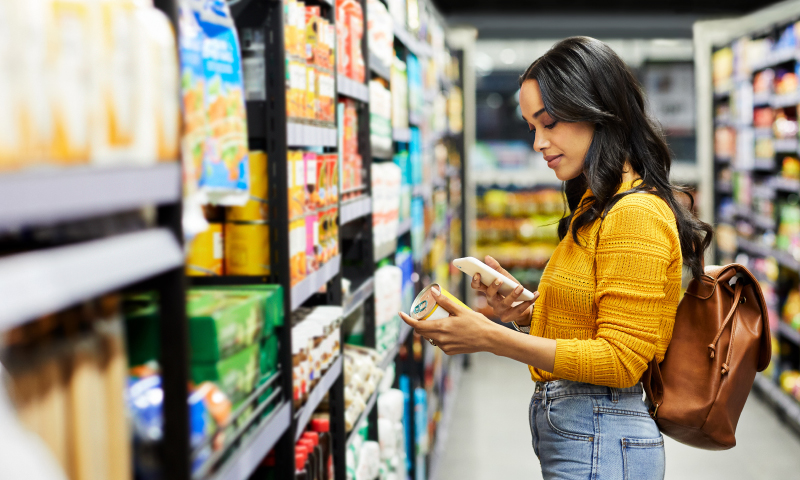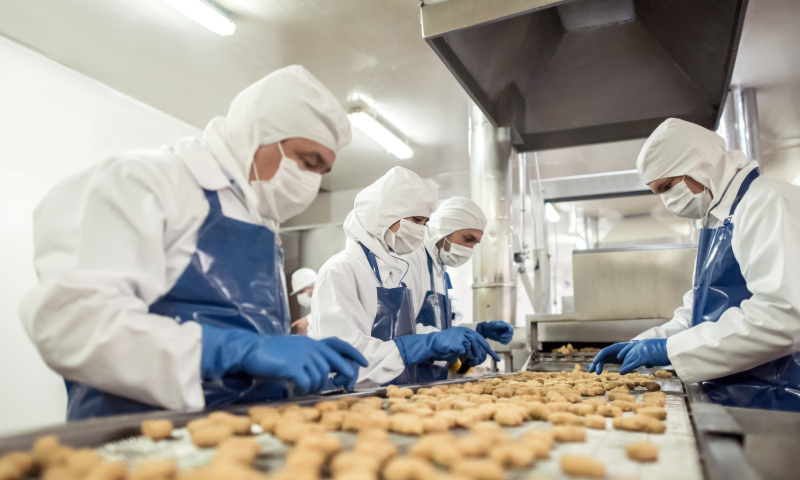19 May 2022
The latest food and drink statistics for March 2022 reveal UK food and drink exports are sitting at the strongest level since October 2020, with exports at £2.3 billion, showing manufacturers are successfully managing to navigate new markets post-Brexit and pandemic. This follows a huge uptick in exports to the EU at the start of 2022, after a 12-month downward trend in 2021. These latest figures indicate that supply chain disruption has stabilised, as demand for UK produce heightens.
Despite the 16.45 per cent increase in exports on the previous month and the sector showing strong signs of recovery especially in Wales, Scotland and the North East, headwinds remain as the impact of the Russia-Ukraine crisis is yet to be seen. We can expect this to materialise in export figures for April onwards, with manufacturers now facing a wave of severe new supply chain issues caused by the ongoing geopolitical disruption and rising inflation.
Increasing ESG pressures
Additionally, as businesses navigate the cost of living crisis and a new set of challenges, such as sourcing where to import crucial products including wheat and oil, they need to ensure an ESG strategy is in place. Last week Government were asked to release the delayed consultation for proposed regulation mandating UK businesses to publish their food waste data. This week there has been backlash from many on the Government's decision to delay legislation restricting high fat, salt and sugar product promotions. It seems the sector is going to remain under the microscope despite all of the other operational challenges and that new business models and ESG strategies must be put in place.
Supply chain crisis threatening fish and chip shops
The supply chain jeopardy is threatening a sector close to the heart of many UK consumers. As fish and chip shops prices soar as a result of sunflower oil shortages and other input cost increases, there is a genuine concern that many will need to close under the pressure. Eating seasonally to reduce the UK’s reliance on imports is more important than ever, to avoid increased consumer prices and even business closures.


.jpg)





